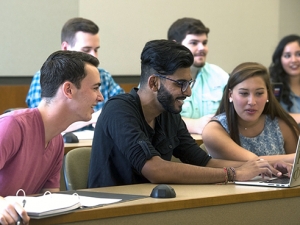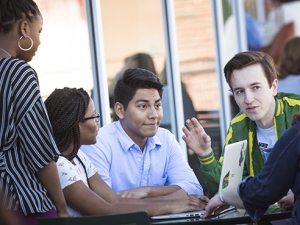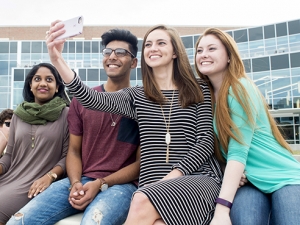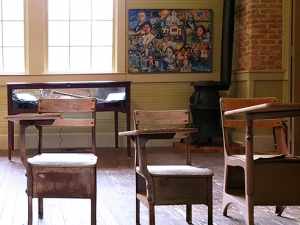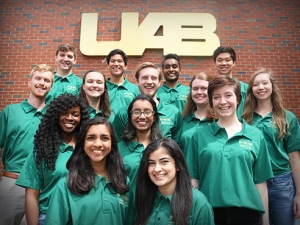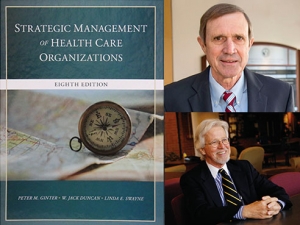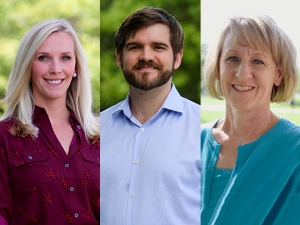Full-time faculty who want to enhance community and provide stimulating enrichment opportunities can apply for the Honors Faculty Fellowship Program. Selected fellows will receive a budget of up to $2,000 to spend on honors programming and a $2,000 stipend at the end of the fellowship year. Applications are due April 30.
Previous fellows have offered non-credit-bearing lectures, experiential learning activities and other programming to honors students and served as academic mentors and professional and social role models.
|
Selected fellows will receive as much as $2,000 for programming and a stipend at the end of the fellowship. Apply by April 30. |
Applicants must have approval from department chairs and deans and outstanding records of teaching, research and service. Fellows will participate in the New Student Retreat and Graduation Celebration and are invited to attend other honors events throughout the year.
This past year, four faculty fellows — Cristin Gavin, Josh Robinson, Kelly Morrison and David Hilton — implemented a variety of honors programming.
Read more about the new experiences Gavin, Robinson and Morrison created for honors students through the Faculty Fellowship Program.
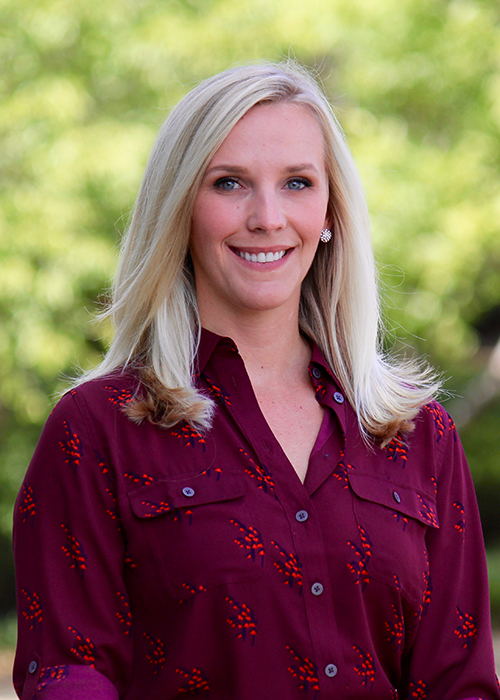
Investing in self-care
Together, Gavin and SCS organized Paws for a Study Break with service animals from Hand in Paw to help teach students about managing stress during the semester. There’s a Nap for That, a sleep-hygiene event, enabled students to nap in a residence hall and receive a sleep mask, earplugs and samples of Emergen-C, plus literature on the importance of healthy sleep habits.
An upcoming event Gavin centers on the role social media plays in isolation.
“We know many students use social media as an escape, but we also know they have no idea how it affects their self-efficacy and motivation for human connection,” she said. “We hope to educate them fully.”
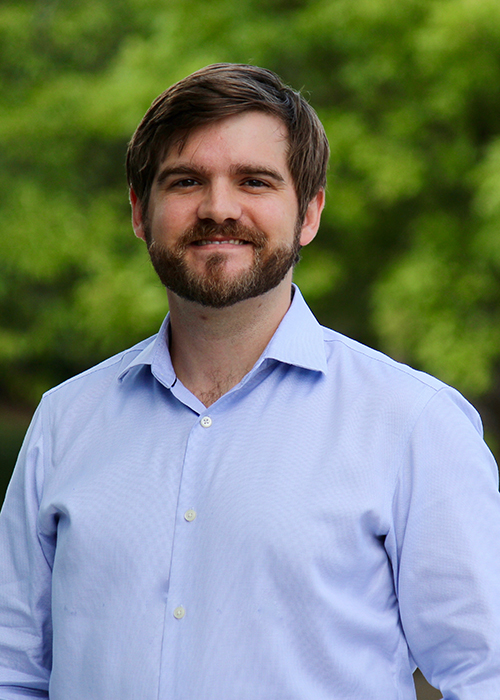
Critical thinking on current events
“I believe our Honors College creates that opportunity for our students without asking them to sacrifice the breadth and resources of a large university,” Robinson said.
Robinson organized the “An Economist Explains” lecture series during his time as a fellow. Two to three Wednesday nights per semester, he would pick a contentious current event — think state lotteries, minimum wage, gun control and natural disasters, among other things — and give an interactive lecture about the existing theory and empirical evidence surrounding the topic. Students also were allowed to suggest topics — they picked Bitcoin and immigration — for a special lecture.
“The goal was to get students thinking critically about the world around them and to demonstrate that even in this post-truth era we live in, there is still a logical and fact-based way to engage in public discourse,” he said.
Lectures were usually scheduled 6:30-8 p.m., but Robinson said it was typical for students to stay until 9:30 or 10 p.m.
“That was what I was after when I created this series,” he added. “I wanted to engage our students’ intellectual curiosity.”
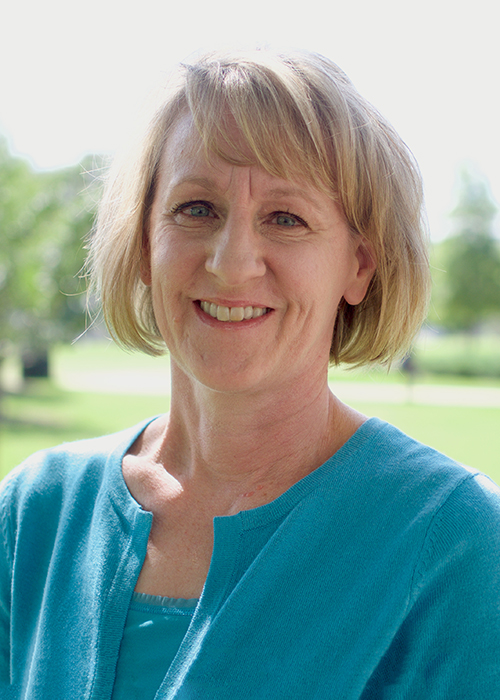
Understanding identities
Morrison and students discussed different topics during each seminar. They ranged from basic gender concepts, such as gender identity, gender and sex, to gender socialization, close relationships and body image and media representations.
The conversation often would expand and develop to include related topics, such as gender equality, representation and policy issues, and Morrison enjoyed engaging with Honors College students and debating perspectives.
“I think it’s really important for students to have these informal opportunities to work with faculty who they might not have the opportunity to take classes from,” Morrison said.

